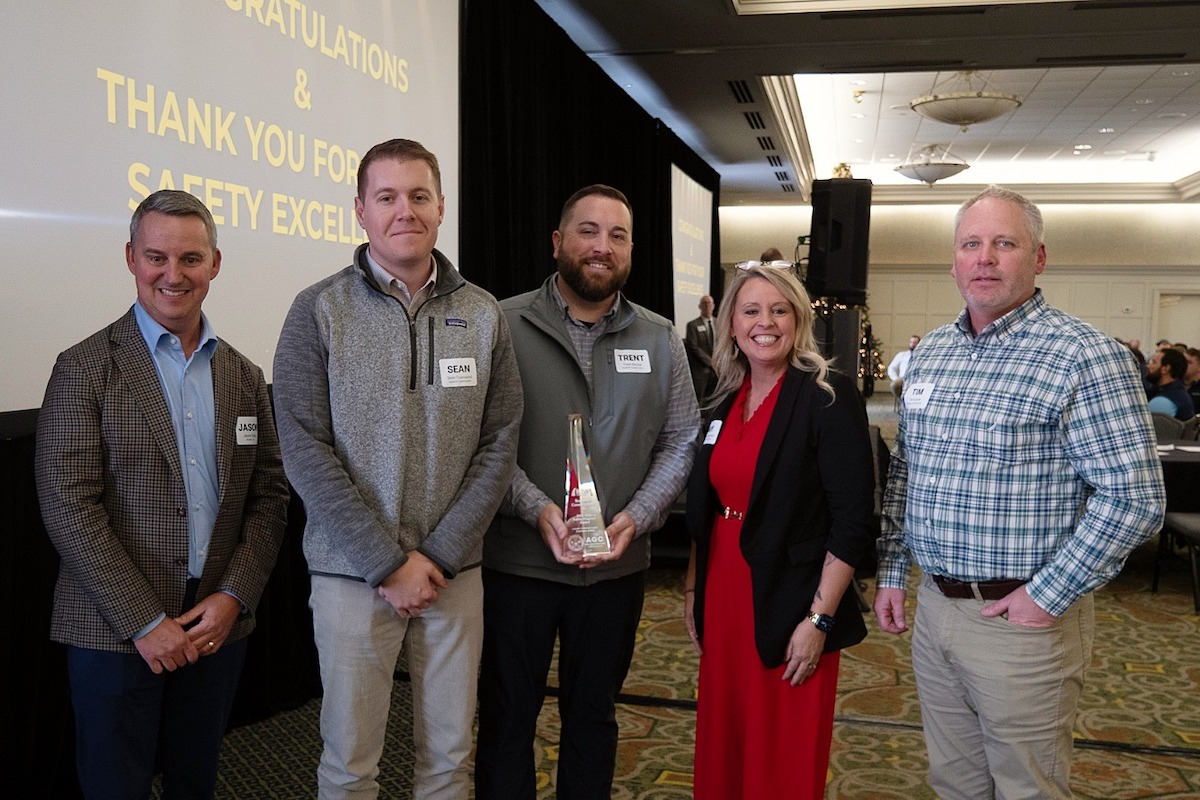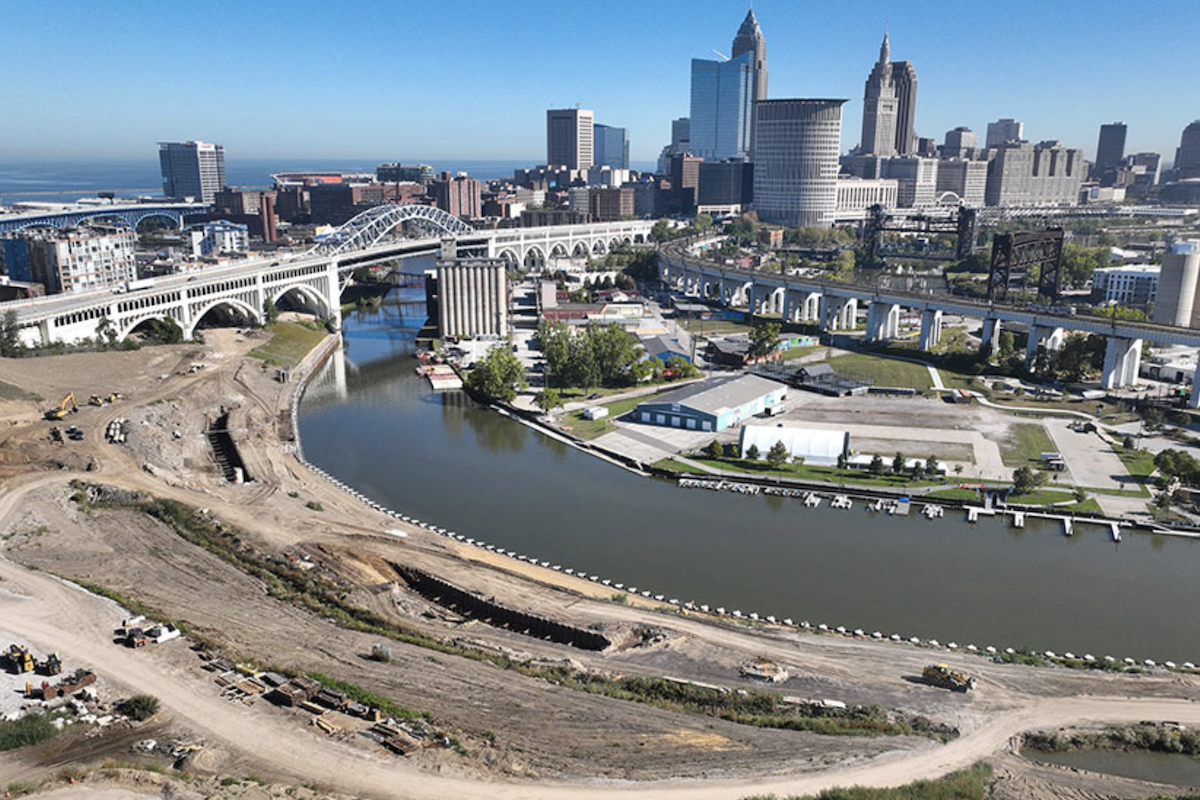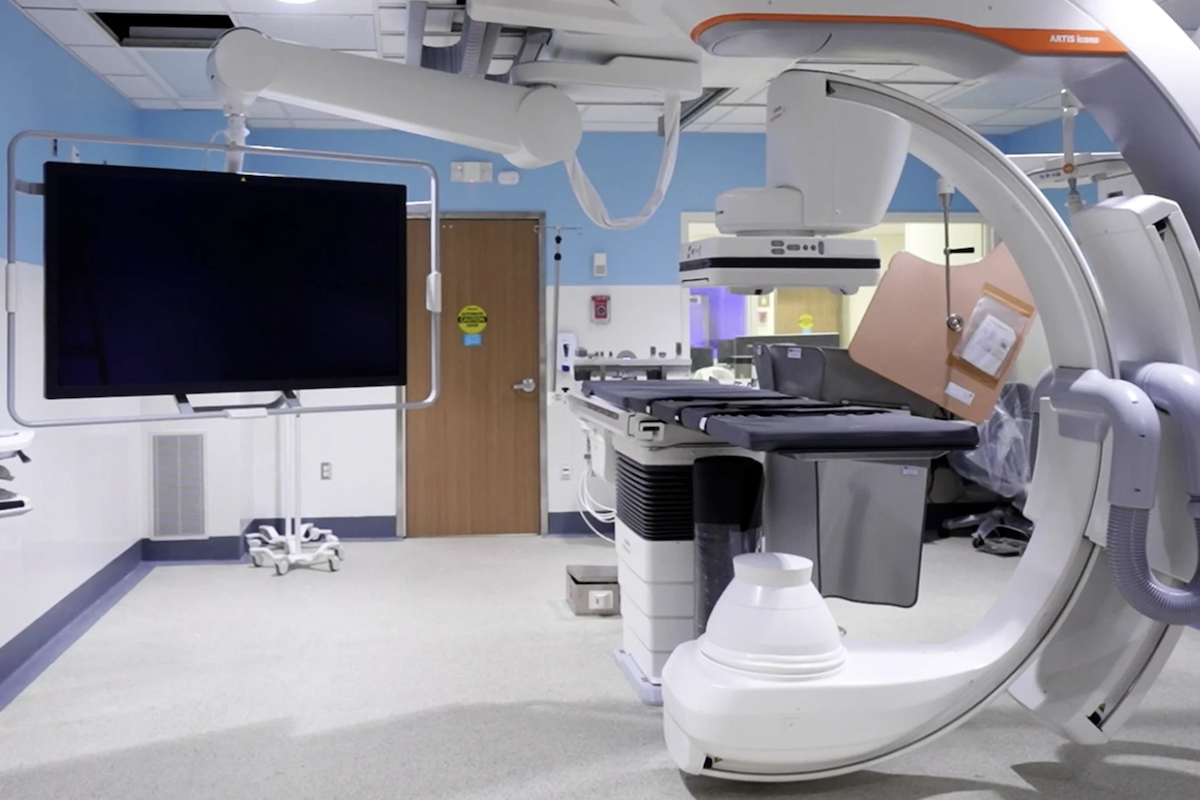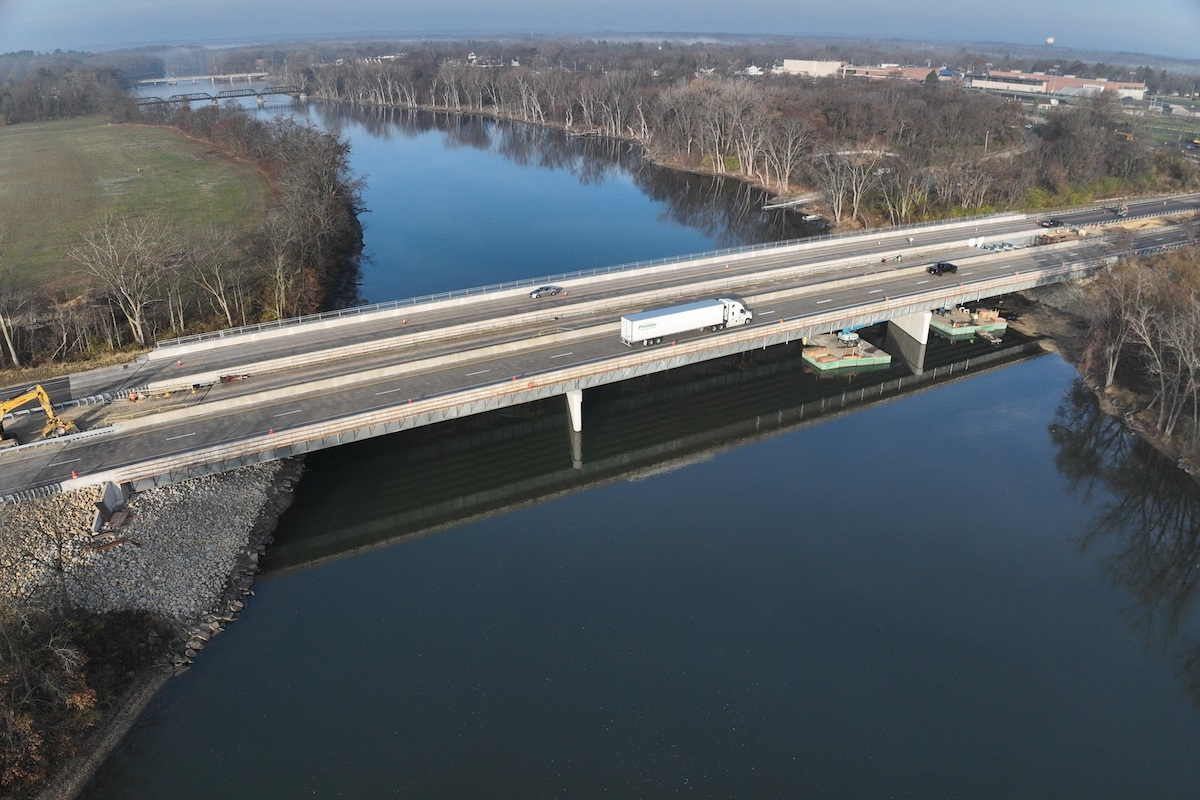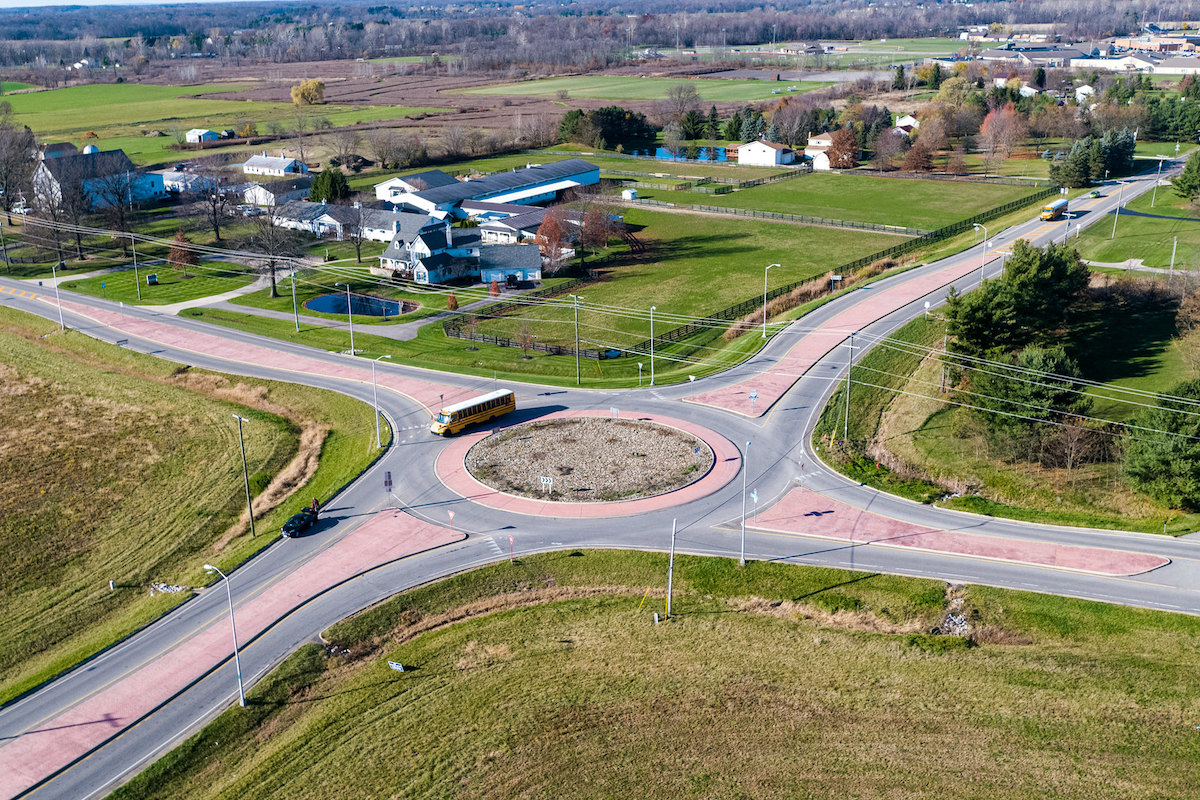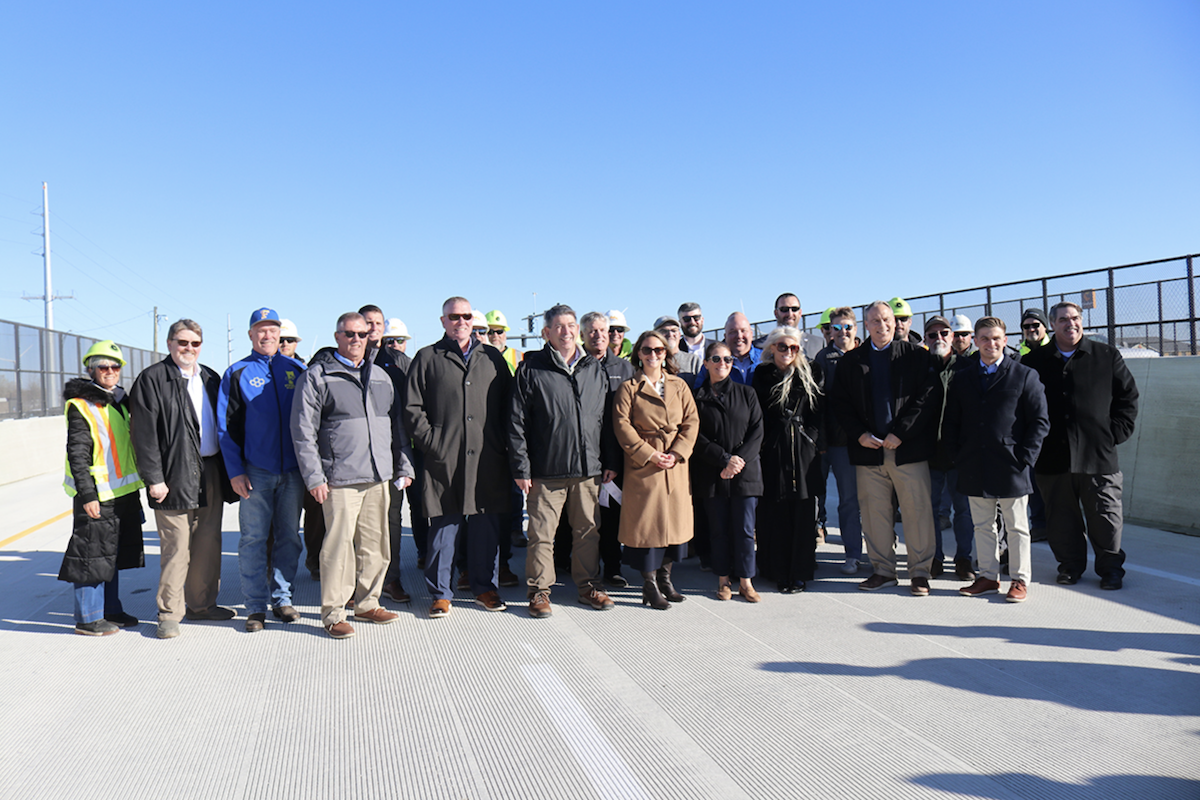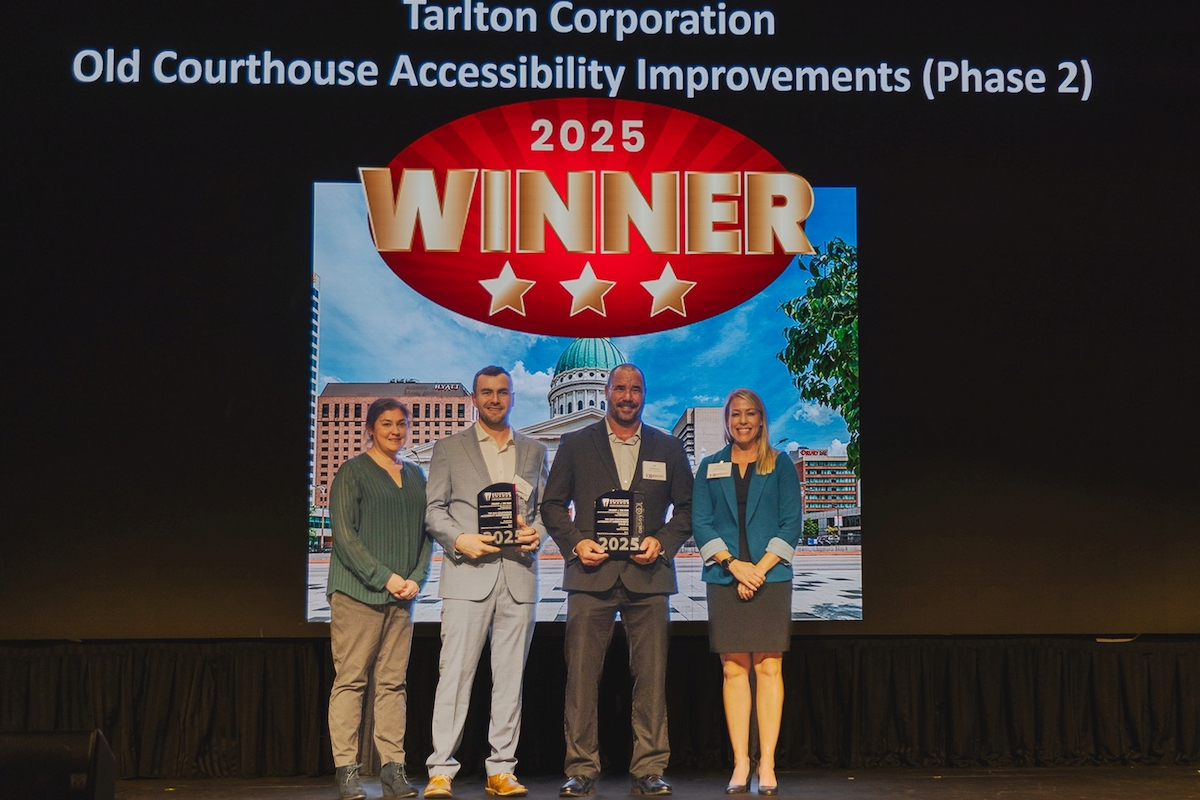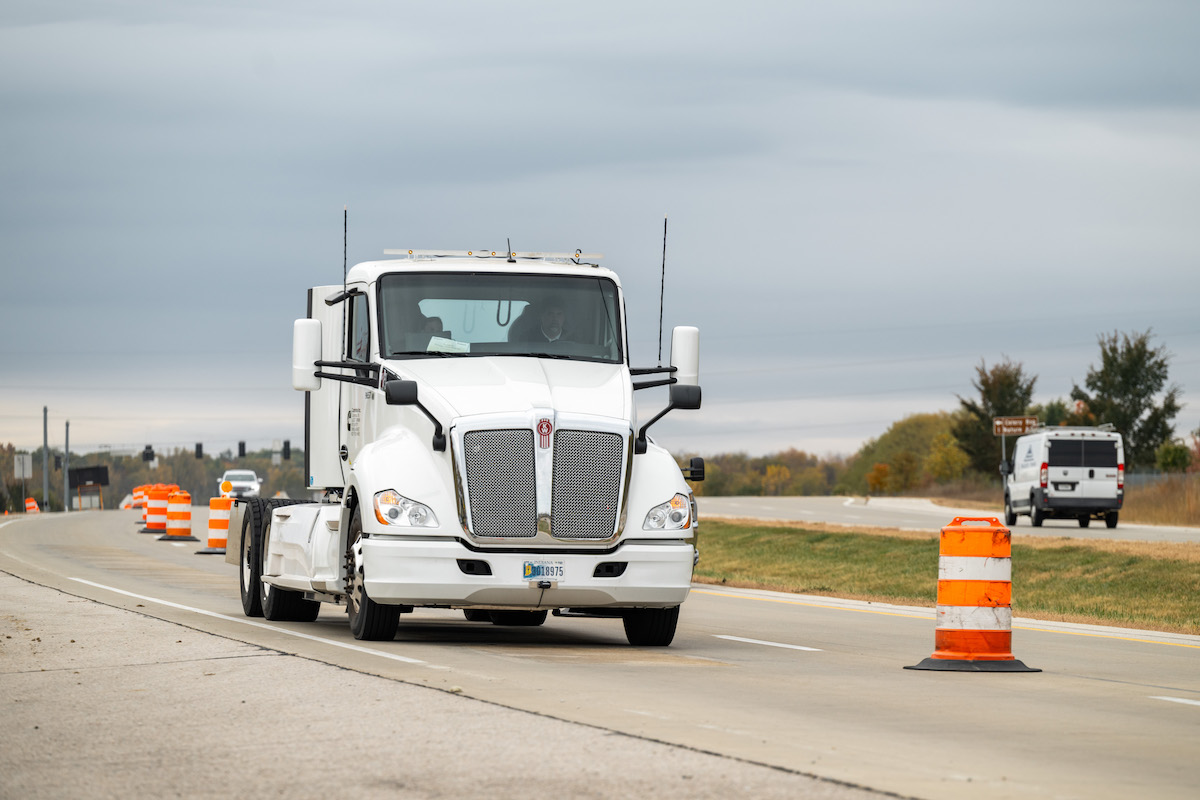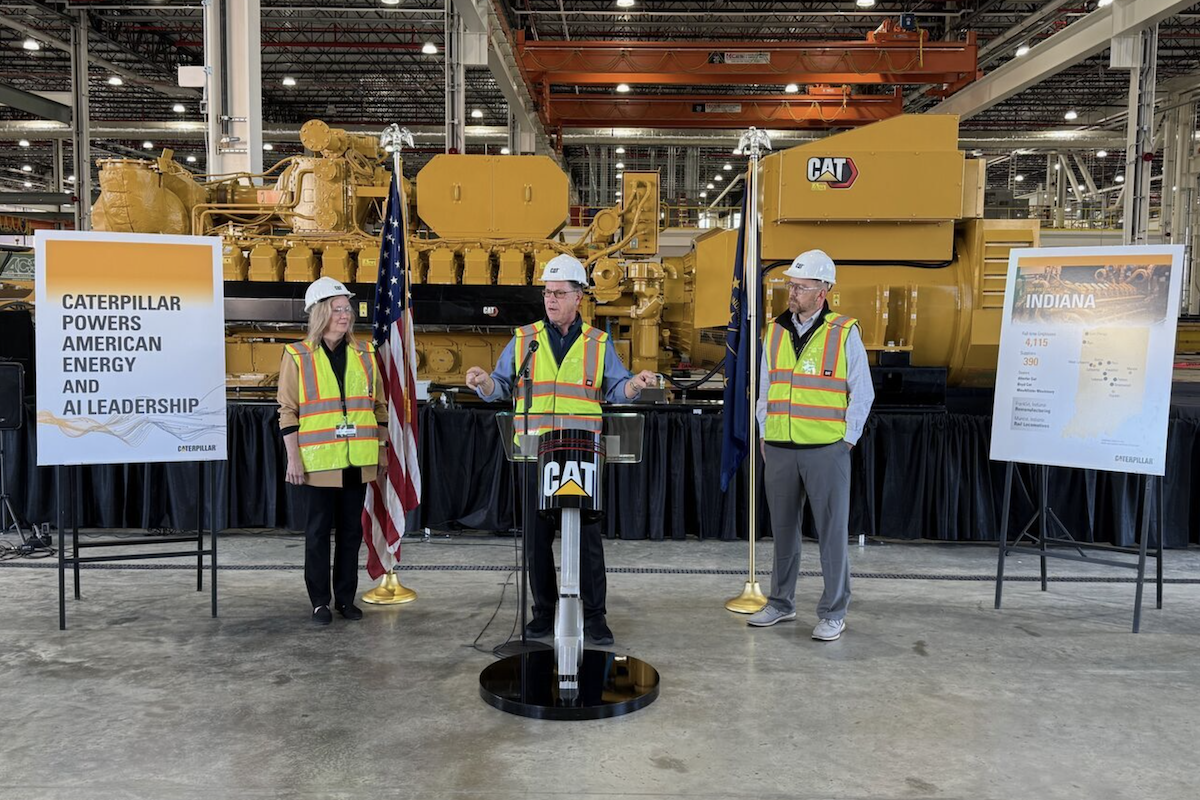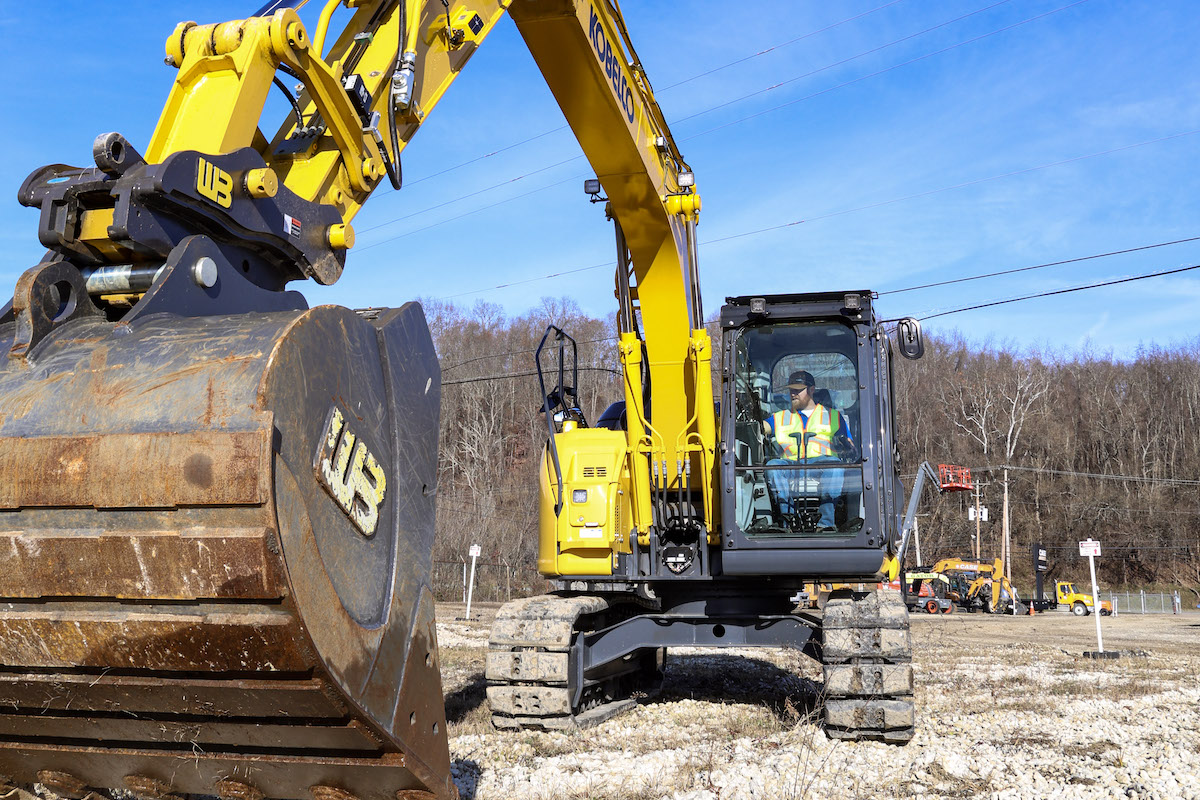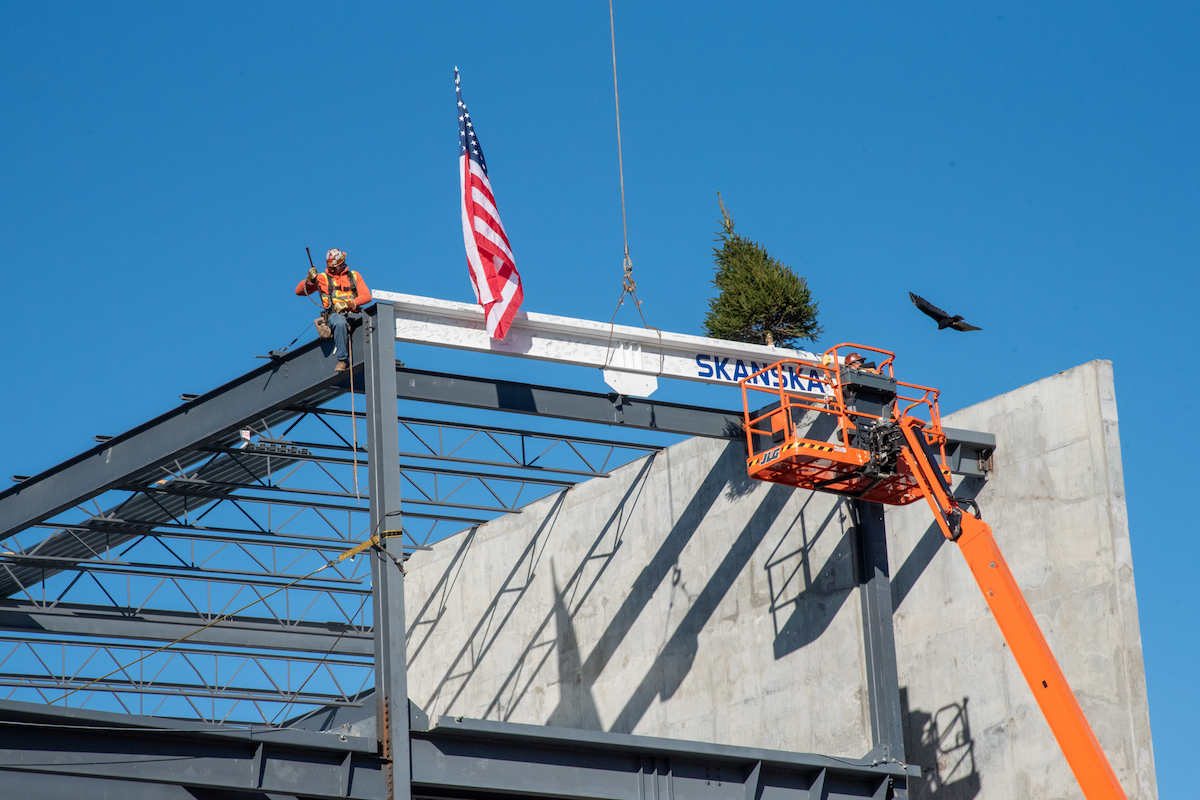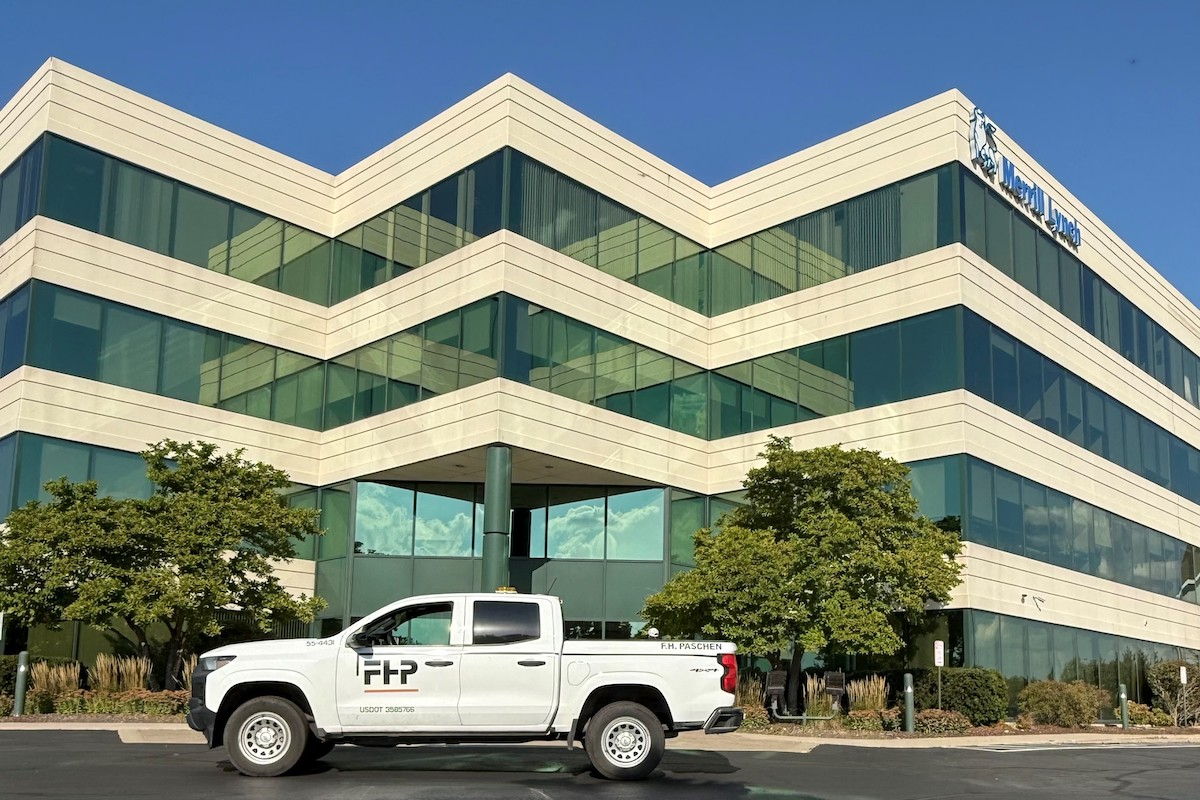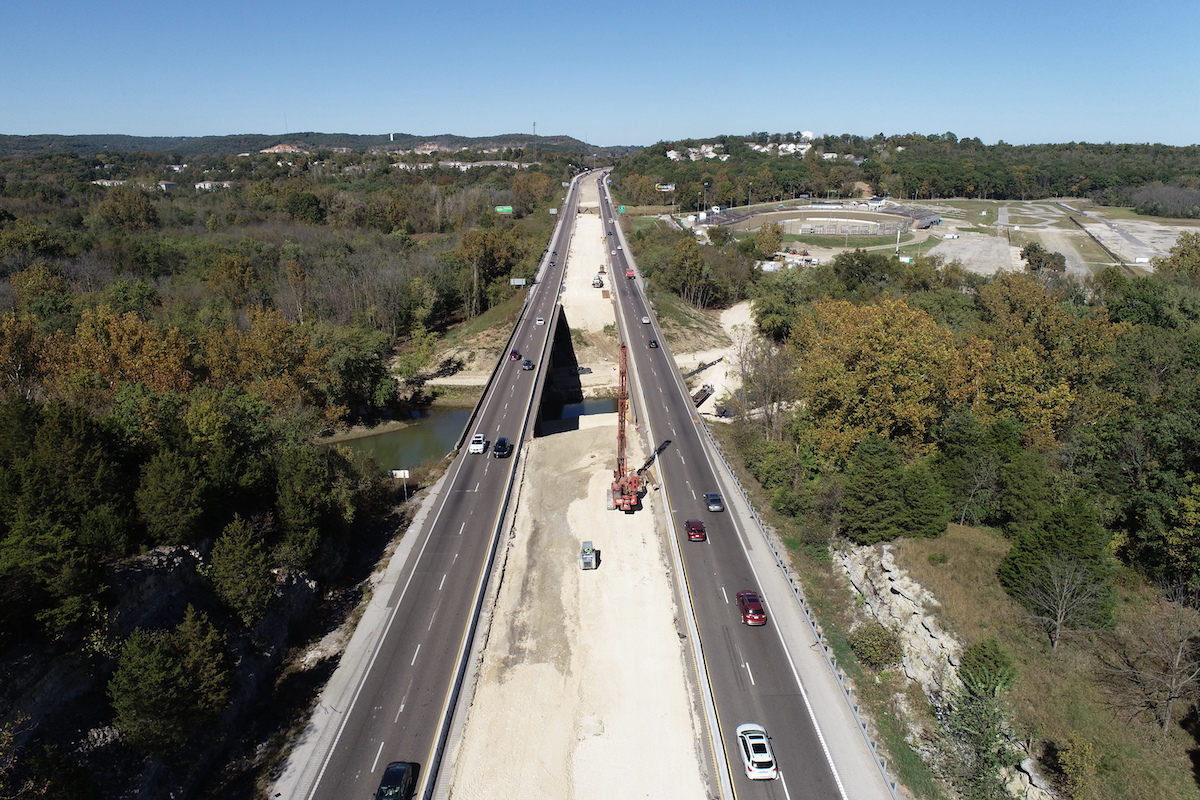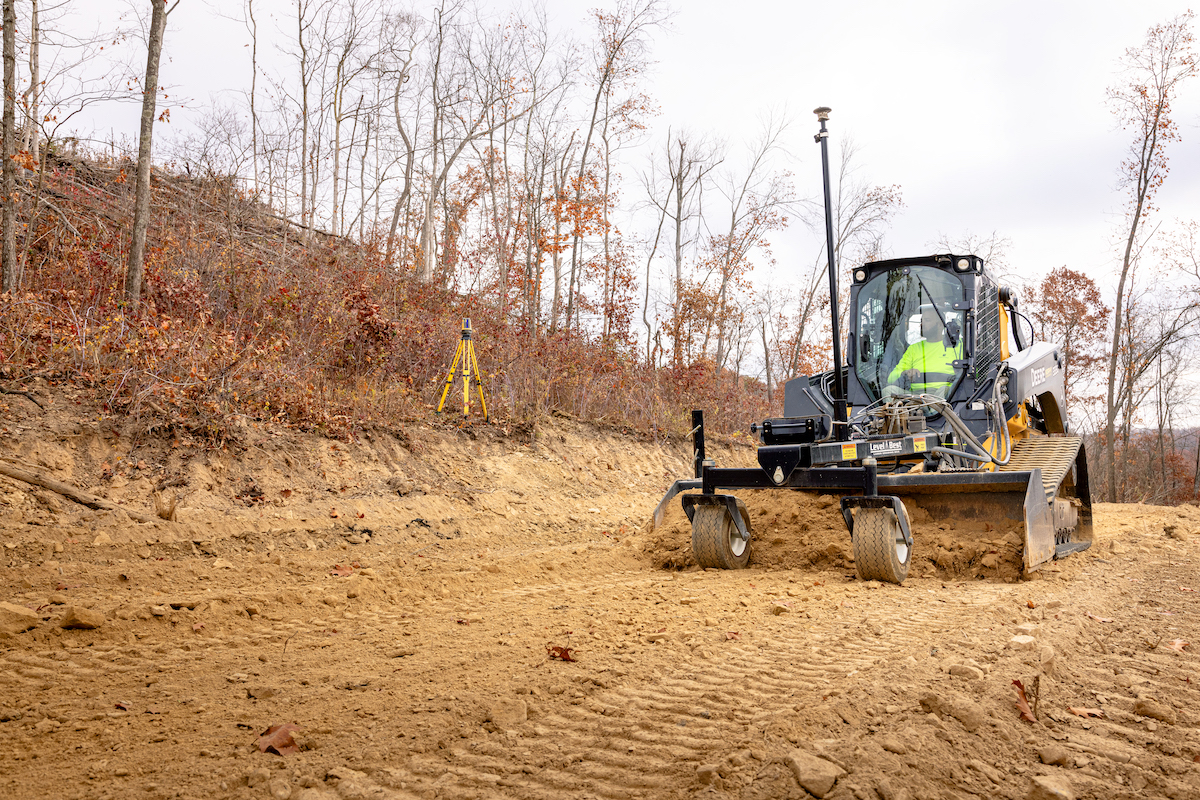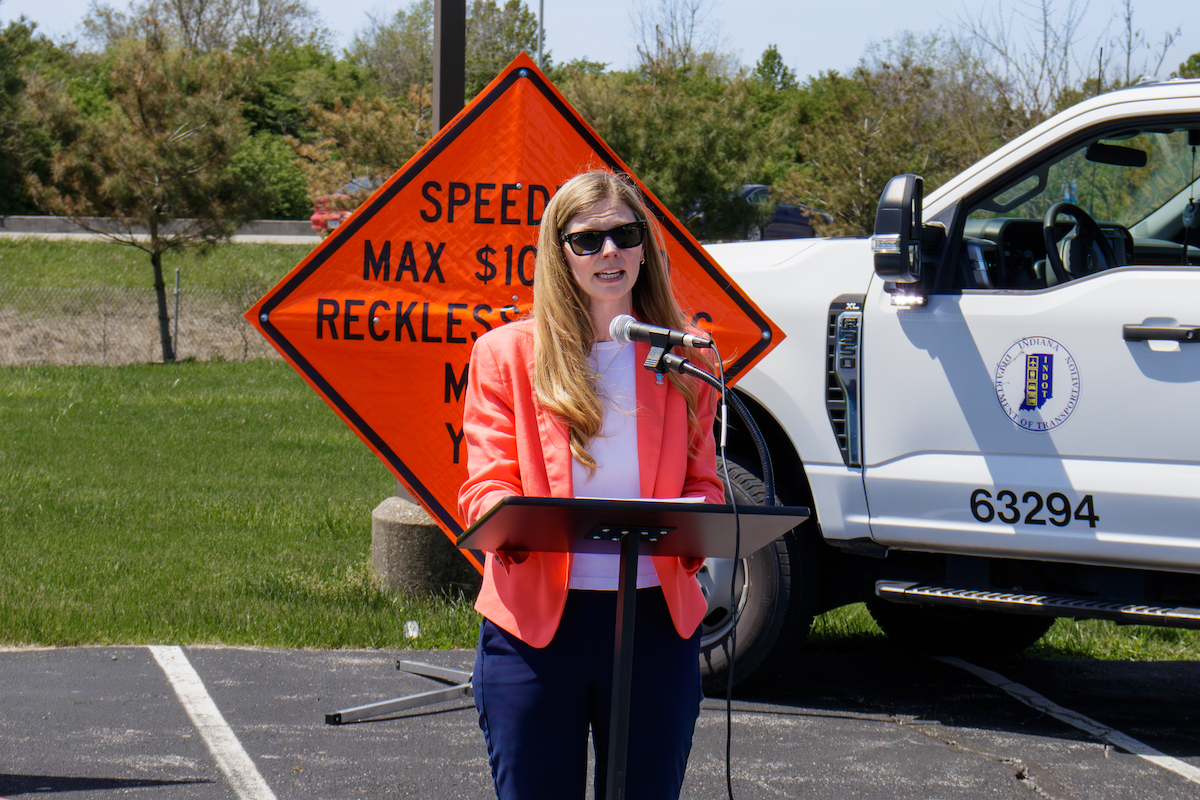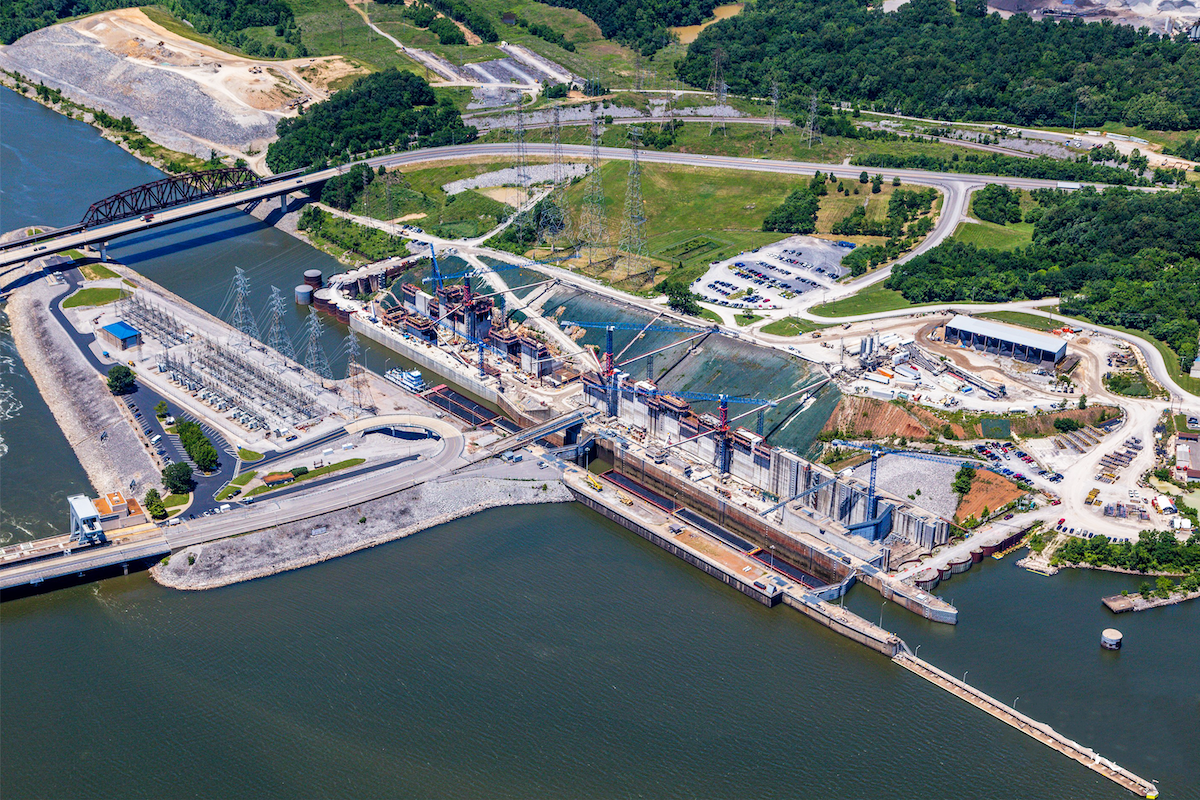In November 2022, CARB adopted amendments to the regulation for the In-Use Off-Road Diesel-Fueled Fleets Regulation (Off-Road Regulation).
The amendments aim to further reduce emissions from the off-road sector by requiring owners to phase out the use of high-emitting diesel vehicles in their fleets. In addition, as of January 1, 2024, all vehicles subject to the Off-Road Regulation are required to use R99 (99 percent) or R100 (100 percent) renewable diesel, with some limited exceptions, including for lack of availability. Fleet owners are also required to document and retain records related to the procurement of renewable diesel.
As a producer of renewable diesel, Neste is helping companies across California ensure compliance with these new CARB requirements. This article features some of Neste’s partners who have successfully made the switch to renewable diesel and discusses the larger role it will play in meeting state targets for greenhouse gas (GHG) emissions reductions.
Because of its similarities, renewable diesel can be used as a drop-in replacement (neat or blended) in any diesel engine without modifications. It can also be distributed through existing fueling infrastructure, making it versatile in terms of logistics and application. This contrasts with biodiesel, which typically requires modifications to the engine or fuel system in blends higher than 20 percent. Renewable diesel also has a lower gel point than biodiesel, giving it better cold weather performance characteristics.

| Your local Case Construction Equipment Inc dealer |
|---|
| Burris Equipment |
The replacement of conventional diesel with renewable diesel can result in significant emissions reductions, particularly when used in older engines. According to CARB, in Tier 4 interim and older vehicles, the use of renewable diesel “reduces NOx emissions by approximately 10 percent and particulate matter (PM) emissions by approximately 30 percent compared to fossil diesel.”
In June 2023, Neste announced a partnership with global mining group, Rio Tinto, to help the company transition all of its heavy machinery from fossil diesel to renewable diesel at the U.S. Borax mine in Boron, California. The partnership helps Rio Tinto reduce the carbon footprint of its fleet and supports the company’s global decarbonization objectives, which include a 50 percent reduction in Scope 1 and 2 emissions by 2030, and a commitment to reach net zero by 2050.
Rio Tinto’s initial trial of switching fossil diesel to renewable diesel in a haul truck was conducted in 2022 in partnership with Neste and Rolls-Royce, where Neste MY Renewable Diesel was used for the trial.
Made from sustainably sourced, 100 percent renewable raw materials, such as used cooking oil and animal fat waste, the use of Neste MY Renewable Diesel can reduce GHG emissions by up to 75 percent over its lifecycle compared to fossil diesel. Results from the trial with Rio Tinto showed that a truck powered by mtu engines from Rolls-Royce running on the renewable diesel delivered similar performance and reliability as trucks running on fossil diesel.
Based on these results, Rio Tinto U.S. Borax continued to work with Rolls-Royce, Neste, the Environmental Protection Agency, and the State of California to fully transition its heavy machinery fleet at the mine in Boron to renewable diesel at the end of May 2023. This transition included all the heavy machinery on the property, including long-haul trucks, loaders, and the fuel is even used for blasting.
The transition is being supported by Neste’s fuel distribution partners in California, including TACenergy, which over the past decade has worked to develop trial programs to prove the benefits of renewable diesel to its customers.
The company is committed to building sustainably and reducing emissions from its operations. However, the nature of heavy civil marine work can make this challenging due to isolated conditions and the broad range of equipment required on sites, including marine vessels.
Power Engineering Construction took a step toward becoming more sustainable in February 2023, when it switched its harbor craft marine fuel supply to Neste MY Renewable diesel. This ensured compliance with new CARB commercial harbor craft regulations. It also eliminated issues the company was having with its conventional diesel deliveries.
Not long after, Power Engineering Construction decided to transition its entire land-based equipment fleet to Neste MY Renewable Diesel, including trucks, loaders, excavators, skid steers, etc. The company is now fully compliant with CARB’s Off-Road Regulation.
Since the adoption of the In-Use Off-Road Diesel-Fueled Fleets Regulation in 2007, CARB estimates that the off-road diesel sector has achieved a roughly 17 percent reduction in NOx emissions and a 21 percent reduction in fine PM in California. The new amendments that took effect on January 1 of this year will further reduce pollutants from the roughly 150,000 in-use off-road diesel vehicles that operate in the state.
Neste is committed to supporting California’s heavy industry as it transitions away from traditional hydrocarbon fuels. With the help of its channel partners, Neste has established a renewable diesel supply network that enables companies to make material progress toward sustainability objectives without any upfront investment in new equipment or infrastructure.
Carrie Song leads the commercial operations of Neste’s Renewable Products business unit. Neste produces sustainable aviation fuel and renewable diesel and develops renewable and circular feedstock solutions for polymers and chemicals. Song joined Neste in 2020, and in her previous role at the company, she was responsible for Neste’s increasing development and expansion efforts in the Americas region, including leading the growth of Neste MY Renewable Diesel in the North American market.


















